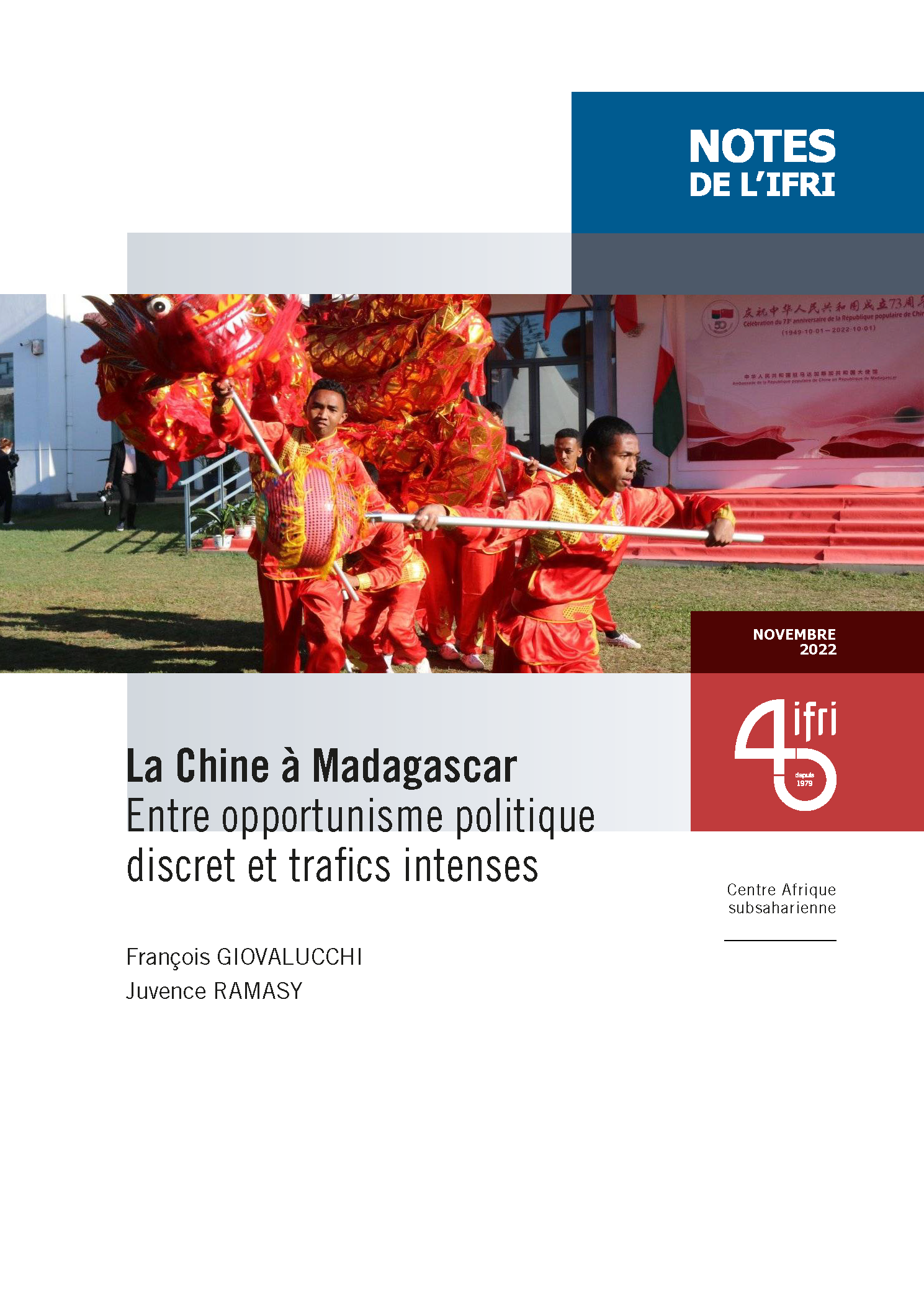China in Madagascar: Between Quiet Politcal Oppurtunism and Intense Trafficking

In the context of growing regional rivalries between major powers in the Indian Ocean, the stakes of Sino-Malagasy relations are major.

As elsewhere in Africa, China occupies a prominent place among exporters, while being a second-tier importer. But its policy of financing infrastructure projects is modest, as is its direct investments. In this regard, it is competing, in addition to France, with two Asian rivals, Japan and South Korea, which in fact contain its influence. Supported by an ancient Chinese community nowadays aligned with Beijing, the Chinese authorities are discreetly but actively defending its interests. It is in the informal economy of the exploitation of natural resources that its operators play a major role, contributing to perpetuating the extraversion from which Madagascar has struggled to emerge since independence, and playing an important role in the financing of successive powers.
In accordance with its claimed doctrine of non-interference, China does not officially take sides in Malagasy political life, while pursuing strong influence operations and strengthening its positions in times of crisis. The Great Island is away from the "String of Pearls" of ports useful to the Chinese Navy and currently plays a limited role in Beijing's active regional security policy, but the growing strategic interest in the Mozambique Channel, which borders countries important to China and contains huge hydrocarbon resources, is likely to change the situation. The building of the Narindra deep-water port project on the west coast, subject to an agreement-in-principle, would be a turning point, because of its potential military use.
This note is available in French : "La Chine à Madagascar : entre opportunisme politique discret et trafics intenses".




